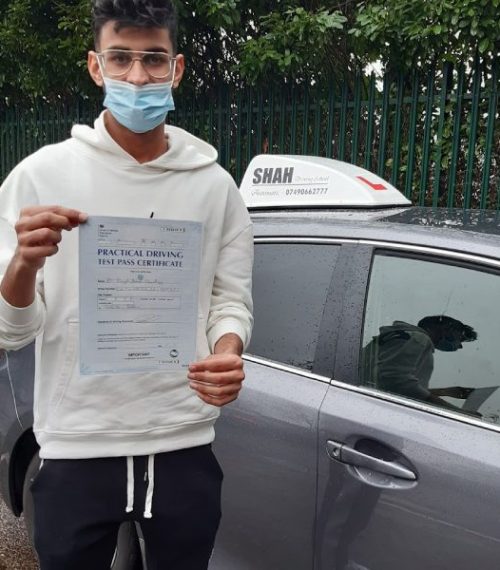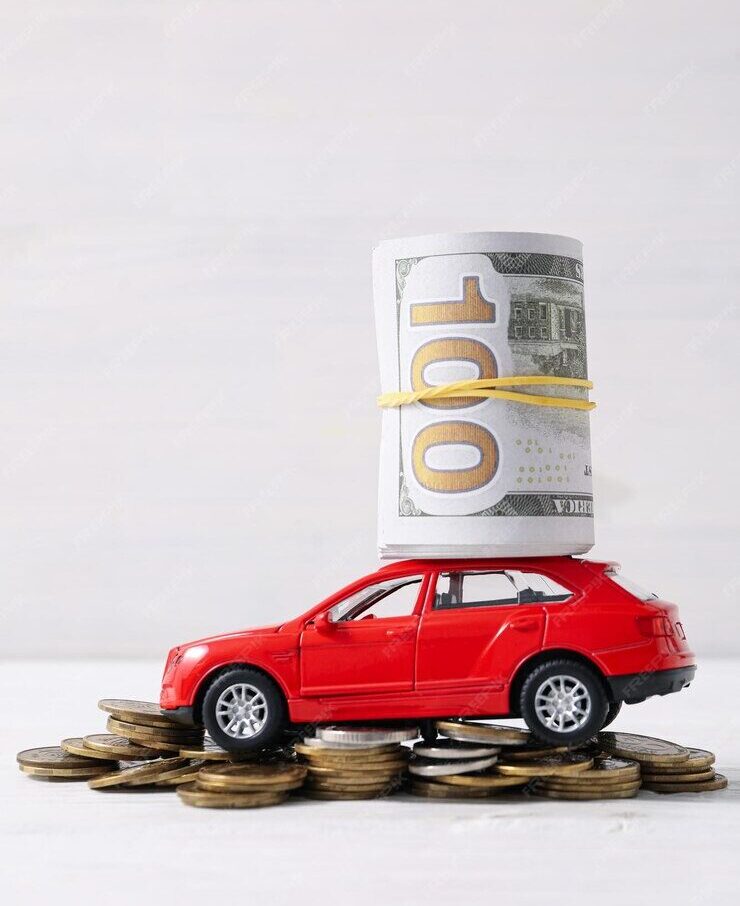


One of the primary advantages of learning how to drive is the independence and freedom it offers. No longer will you need to rely on public transport schedules or lifts from friends and family. You have the freedom to travel wherever and whenever you wish. This independence can significantly improve your quality of life, offering convenience for everyday tasks like shopping or visiting the doctor, and enabling spontaneous road trips or weekend getaways.
Moreover, driving can also contribute to your social life. Being able to drive means you can easily visit friends and family, attend social events, and participate in hobbies and activities that might have been inaccessible due to transportation issues.
One of the most immediate benefits of learning to drive is the significant increase in personal freedom and independence it provides. With the ability to drive, you are no longer bound by the limitations and schedules of public transport or dependent on others for lifts. This independence allows for greater flexibility in managing daily tasks, attending appointments, and engaging in social activities at your convenience



Learning to drive and having access to a personal vehicle can lead to substantial financial savings in various aspects of daily life. Below are some key areas where driving can help to save money:
Relying on public transportation, taxis, or ride-sharing services can become costly, especially if you travel frequently or over long distances. Owning and driving your car can be more economical in the long run, particularly when considering the cumulative costs of daily fares, surge pricing, and the convenience of direct routes without transfers.
Driving allows you to participate in or organize carpooling arrangements, sharing travel costs like fuel and parking fees with others. This not only reduces individual expenses but also fosters a sense of community and shared responsibility for commuting, further contributing to overall savings.
WhatsApp us